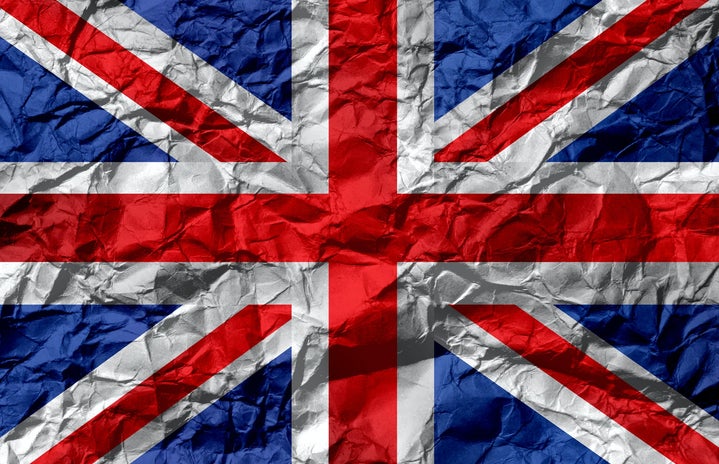The United Kingdom has been in the news quite often recently. With the passing of Queen Elizabeth, King Charles III’s succession and Boris Johnson’s resignation, the retirement of Prime Minister Liz Truss follows. Additionally, the economy of the UK is declining and politicians are desperately trying to piece a solution together. These events are shaping the future of the United Kingdom as we enter into a new era.
Liz Truss entered office on Sept. 5 as the leader of the Conservative Party, before resigning after only 45 days on Oct. 24. The reason for her resignation is the widely unpopular economic plan she began while in office. This plan announced large-scale borrowing and various tax cuts, which led to financial instability. Shortly following its implementation, the plan was widely criticized and reversed. Truss ended up apologizing for going “too far and too fast” with her economic plan, but many Conservative Party members were already urging Truss to resign. Interestingly enough, Liz Truss was preceded by Boris Johnson, who also resigned after not following his own COVID-19 protocols.
Rishi Sunak officially succeeded Liz Truss on Oct. 25. Sunak achieves a lot of firsts as Prime Minster; he is the first Prime Minister of color, the first Prime Minister of South Asian descent and the first Prime Minister of Hindu faith. Ironically, Sunak lost to Truss in the original race for Prime Minister. While Truss was preceded by Boris Johnson, Sunak worked as Chancellor of the Exchequer under Johnson. Because of the current economic crisis in the United Kingdom, Sunak’s past experience as Chancellor of the Exchequer, also known as Chief of the National Treasury, may be what the United Kingdom needs to recover.
Furthermore, one of the main positions that is important for the British public to know is how politicians voted on Brexit. Sunak voted to leave the EU and has almost always voted for pro-Brexit policies in Parliament. Sunak gave his first speech as Prime Minister on Oct. 25 where he exclaimed that he will place “economic stability and confidence” at the center of his agenda. He went on further to mention both the mistakes of Liz Truss and the gratitude he has for Boris Johnson.
Now, for a citizen of the United States this might seem odd— how did a new Prime Minister become elected without another election? Well, the United Kingdom’s election system works a little differently from that of the United States. Instead of electing individuals, the British people elect a specific party. This is what allowed the switch between Prime Ministers without a popular election to occur. The two main parties that partake in the United Kingdom’s politics are the Labour Party and the Conservative Party, the party Rishi Sunak and Liz Truss belong to. The Labour Party occupies a center-left position whereas the Conservative Party occupies a center-right position. The Conservative Party has been winning the most recent elections.
Although British politics allow this event to take place, this was unforeseen by most citizens.
Rishi Sunak is entering the UK’s political atmosphere at a very tense moment, with the economic instability of current times. It will be interesting to see how Rishi Sunak will perform after being preceded by Liz Truss and Boris Johnson.
Want to see more HCFSU? Be sure to like us on Facebook and follow us on Instagram, Twitter, TikTok, YouTube and Pinterest!


